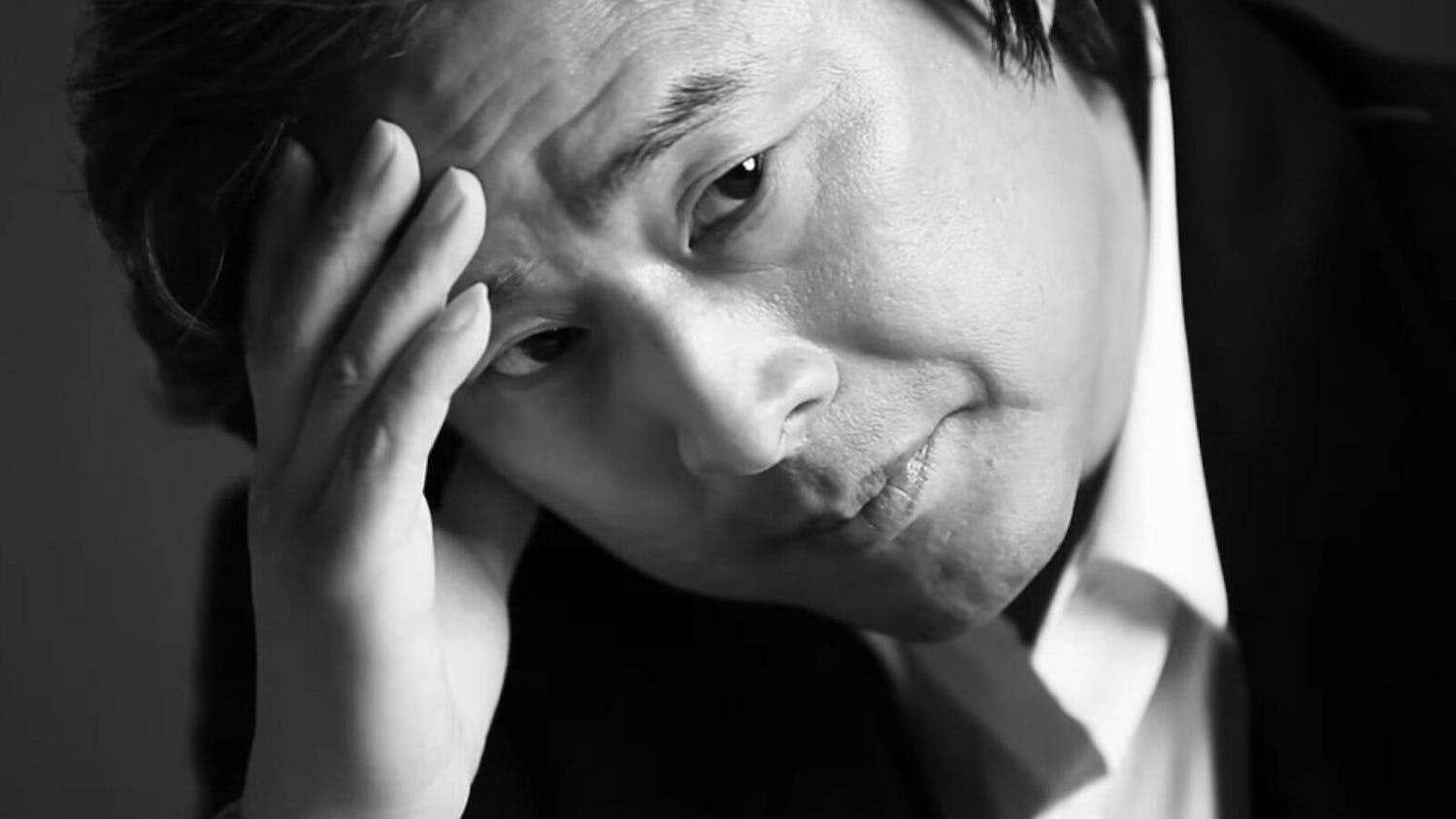"The Grand Budapest Hotel" is more than just a movie; it is a full-bodied experience that immerses its viewers in an unfamiliar, exciting world. The film certainly lives up to many of the expectations requisite of a Wes Anderson film: quirky characters full of idiosyncrasies and insecurities, novel-like levels of storytelling and an immaculate eye for the smallest details. What makes "The Grand Budapest Hotel" so ... grand is that Anderson achieves the perfection of the tropes that he, as an auteur, has developed and cultivated throughout his career. This mastery is achieved by pushing the typical Anderson characteristics into bold new territory. "The Grand Budapest Hotel" does not merely transform the old; it also incorporates new elements that may come to define future Anderson movies, and potentially make this film one of his seminal works.
Everything within "The Grand Budapest Hotel," from the acting, to the set design, to the music, to the almost innate wit found within the screenplay, is a success. "Grand Budapest" takes place in a fictional Central European country during the interwar period, a time full of excess and lavishness that is accentuated at either end by rapid and all-encompassing change. The hotel itself, the Grand Budapest, seems to provide the perfect escape for wealthy patrons seeking to get away from the rest of the world. Within this supposed paradise, guests find the concierge-extraordinaire, Gustave H., played exquisitely by the usually serious and surprisingly funny Ralph Fiennes. Fiennes performance as the concierge-turned-gigolo for rich old women is incredibly natural, and his character is truly a scene-stealer whenever he appears on screen.
The rest of the cast members excel in their varied supporting roles. Fiennes shares the lead with the lovable Zero (played by newcomer Tony Revolori), Gustave's accomplice who works as a lobby boy at the hotel. There is also the exceptional presence of Willem Dafoe as the leather jacket-clad private detective employed by the main antagonist (Adrien Brody). And because it wouldn't be an Anderson film without at least a brief appearance by living legend Bill Murray, he also has a small but significant role. His character serves as a sort of deus ex machina, coming to the aid of Gustave and Zero when they need it the most. While great acting and writing have always been two cornerstones of the Anderson formula, these are not the only impressive aspects of "The Grand Budapest Hotel." Where Anderson has really excelled in this film is in his masterful use of cinematography and design.
In the past, Anderson has utilized symmetrical framing to create centered shots that give the viewer a better perspective of a character. While symmetry has always been essential for appealing camera shots, certain directors have been known to elevate symmetry to another level. This was something that director Stanley Kubrick was able to master with his use of one-point perspective, which allowed viewers to hone in on details that were central to a more visceral appreciation of the film. Now, in "The Grand Budapest Hotel," Anderson's use of framing almost reaches Kubrickian levels of greatness. Take almost any of the countless shots and you will find that, if not perfectly centered, they are either level to a certain line or focus on one or two points of interest. This is an astoundingly impressive level of detail, and it would take multiple viewings to fully process the enormous scope of this technique within the film.
"The Grand Budapest Hotel" is definitely Anderson's most ambitious film so far, and this ambition is met with masterful poise. The movie carries a different feel than the more intimate "Moonrise Kingdom" (2012) and Anderson's broken-family tragicomedies such as "The Royal Tenenbaums" (2001), "The Life Aquatic with Steve Zissou" (2004) or "The Darjeeling Limited" (2007). Still, "The Grand Budapest Hotel" is not too far away from classic Anderson - there is enough quirkiness to appease even the most diehard fans. However, the movie does manage to stand out from the rest the director's body of work, an acccomplishment that very well may make "The Grand Budapest Hotel" Anderson's best film to date.





